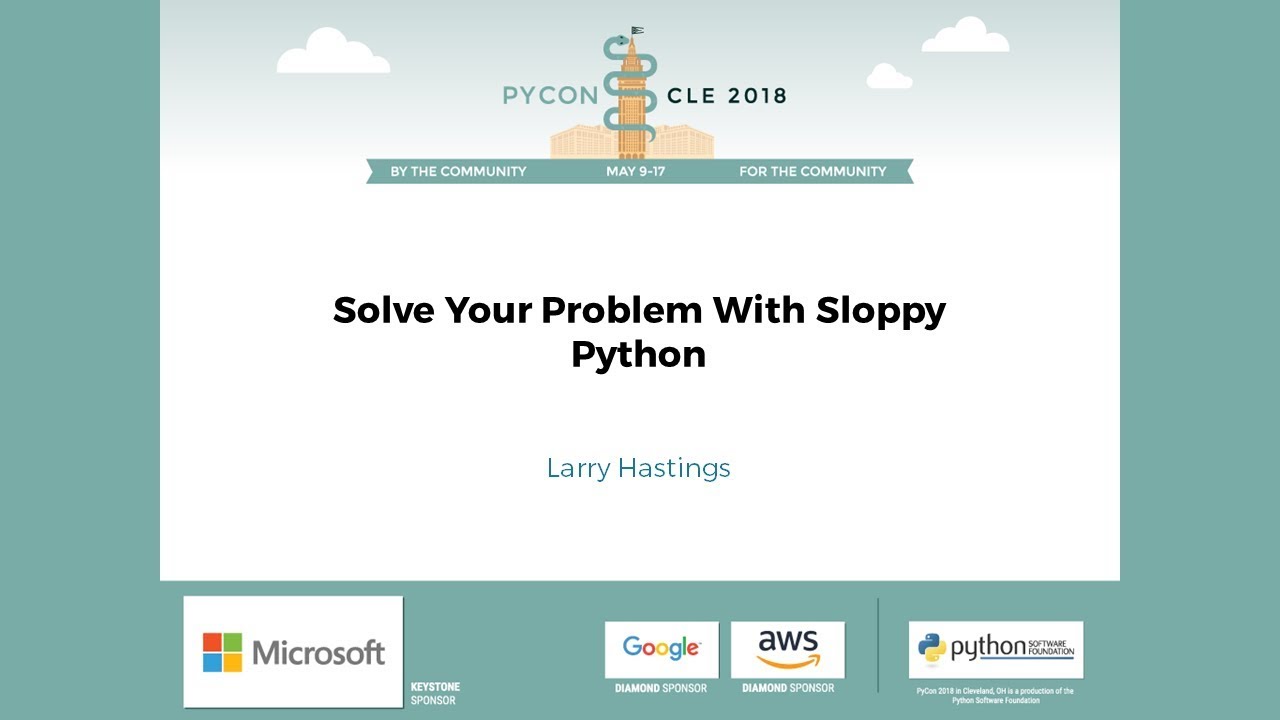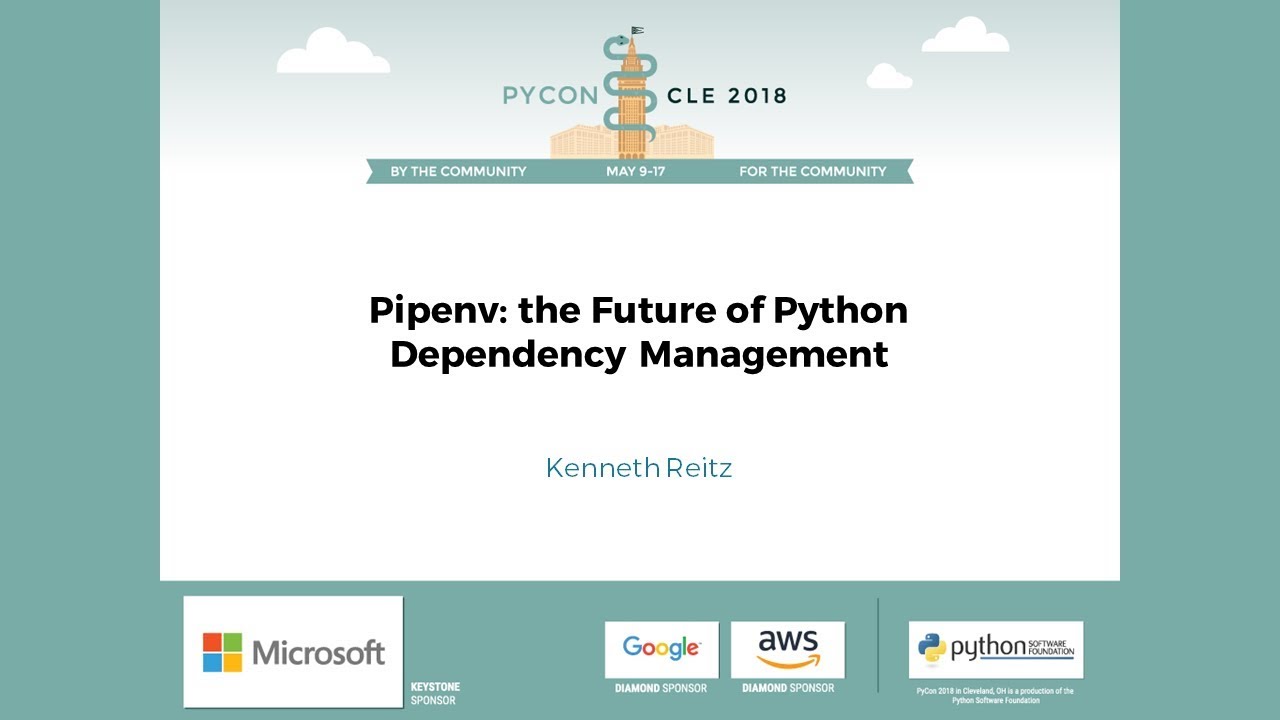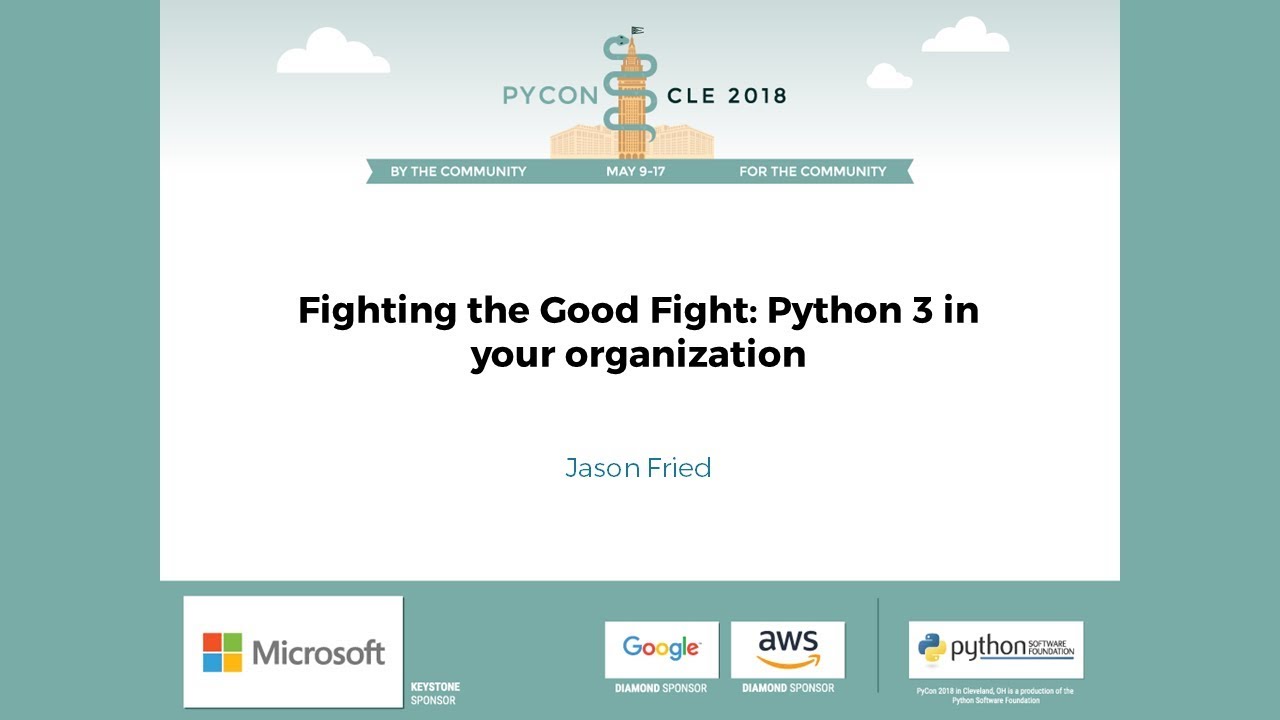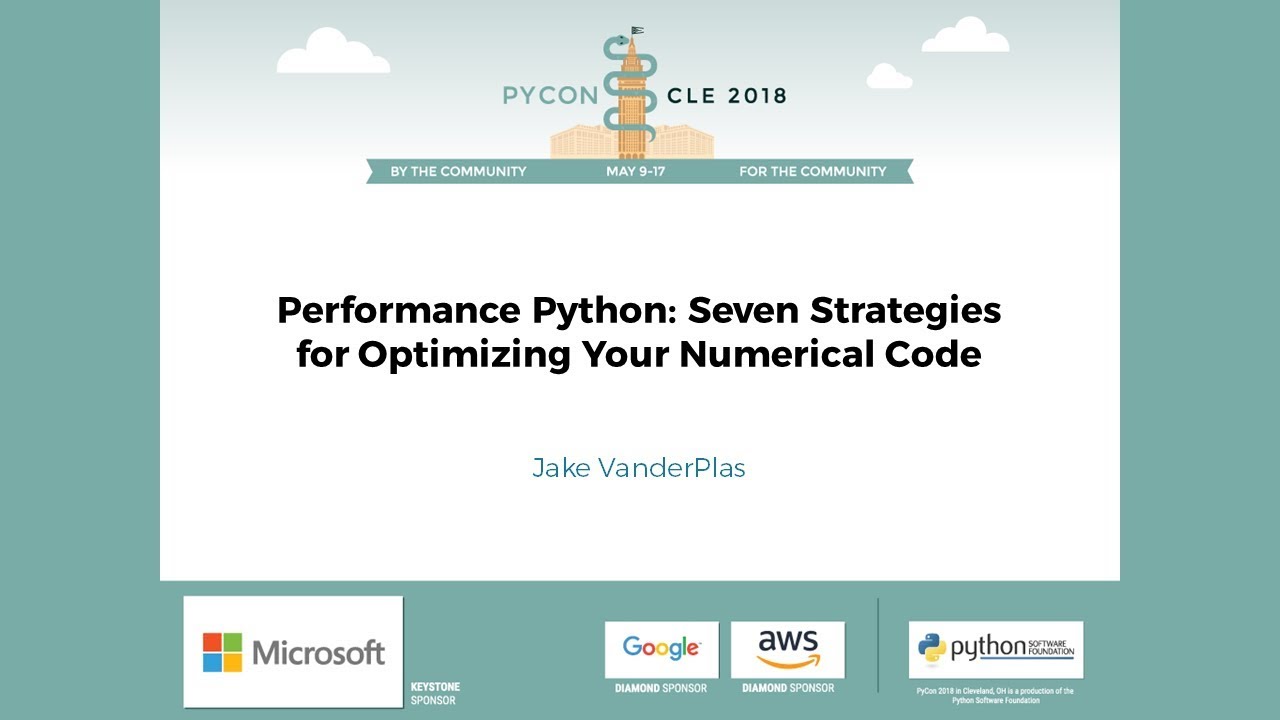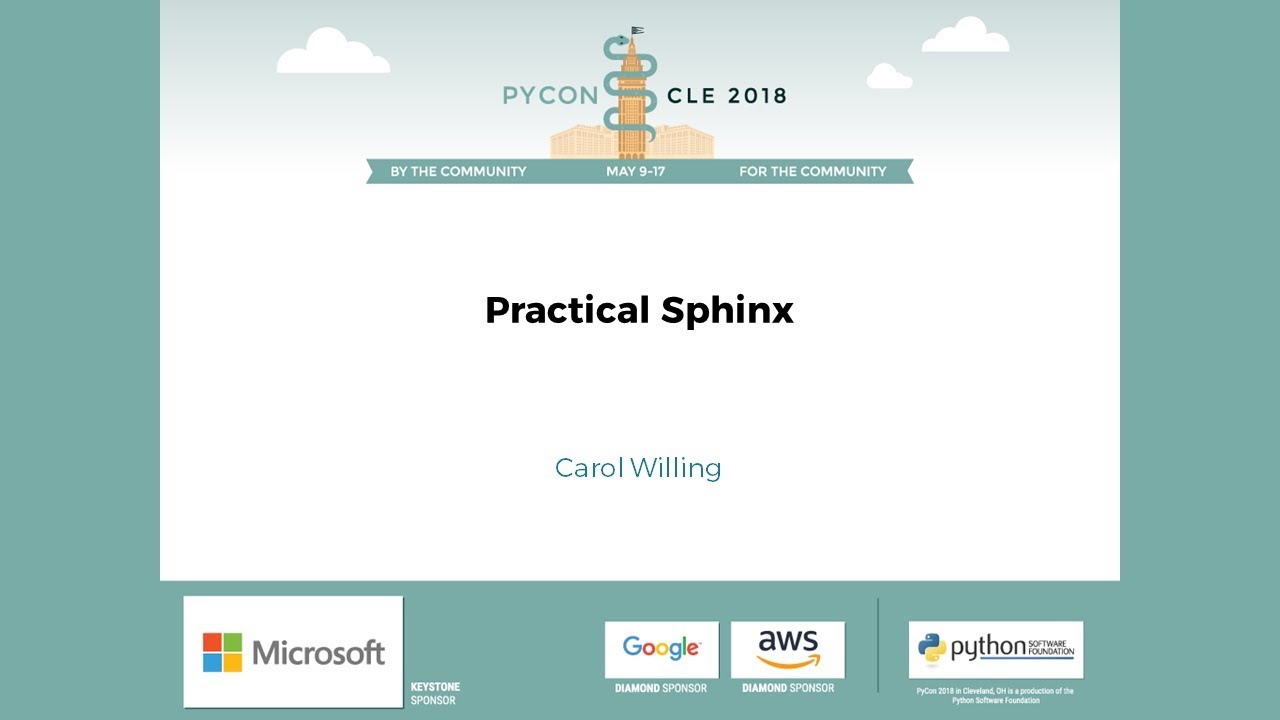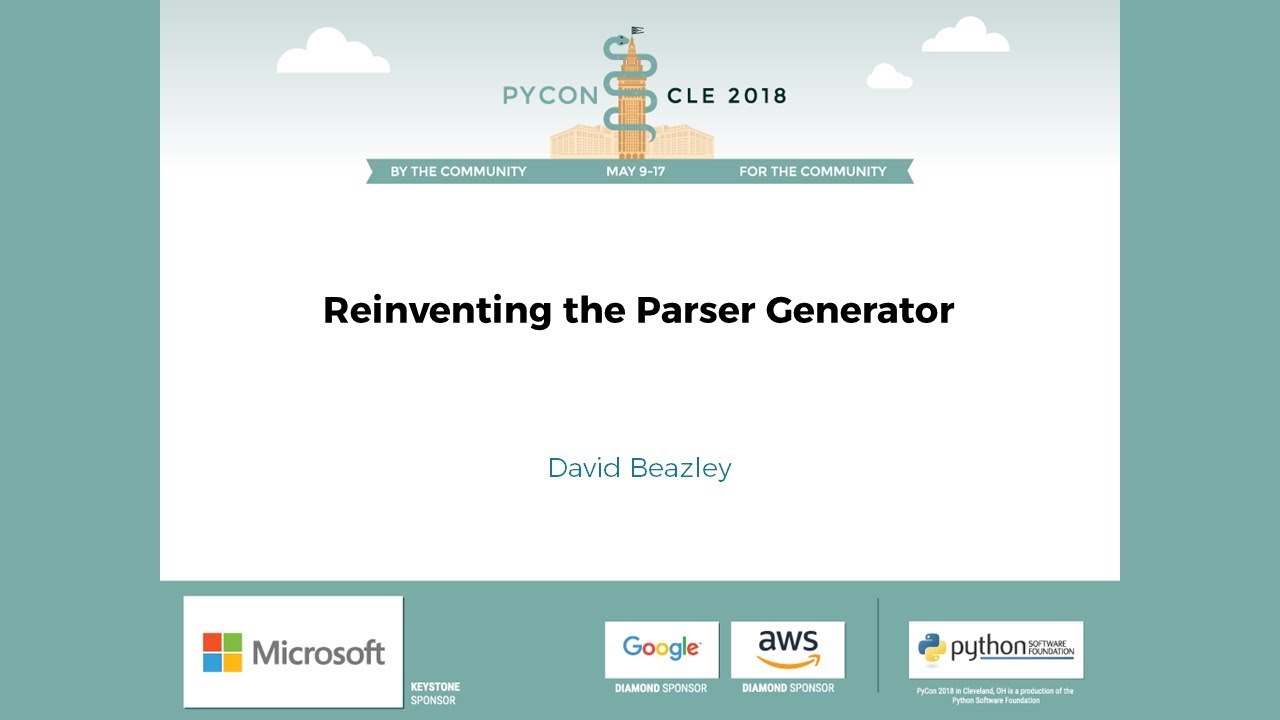Fridays are for learning.1 These are the first batch of videos from PyCon US 2018 (see the YouTube channel for more) for the week ending May 18, 2018.
Larry Hastings, “Solve Your Problem With Sloppy Python”
I think Larry has a good point (things you build for yourself to automate personal tasks don’t need to be held to the same standard as code you write for others to consume); I like to use these opportunities to try out new tools. Sometimes it’s the only way to get a feel for them absent a reason to use them for work projects.
Kenneth Reitz, “Pipenv: The Future of Python Dependency Management”
There is a lot that I like about pipenv, and I am using it for new projects,
but the packaging story for Python is still sadly incomplete. In particular,
pipenv is aimed directly at applications, i.e. packages that are meant to be
deployed by some end-user directly. It really doesn’t speak at all to
improving things for composable pieces.
Jason Fried, “Fighting the Good Fight: Python 3 In Your Organization”
A nice summation of how a rather small group of developers have managed (with effort and over several years) to help Facebook move to “Python 3 by default” from “it’s never gonna happen”. Major kudos, and hopefully we’ll be hearing more stories like these as the end of life for Python 2 approaches.
Jake VanderPlas, “Performance Python: Seven Strategies for Optimizing Your Numerical Code”
Quick, practical advice for making the slow parts of number-crunching code faster.
Carol Willing, “Practical Sphinx”
Don’t let the perfect get in the way of writing docs; some solid practical advice for making the most of Sphinx.
David Beazley, “Reinventing the Parser Generator”
Many, many years ago David Beazley wrote ply, and had to jump through some
hoops to accomplish what he needed with the tools Python had. (Using raw
docstrings as regex patterns is one of those evil yet brilliant
ideas.) Now he comments on what the current batch of tools offers as he
is developing sly.
This is only a small selection of all the talks; more next week.
If your work won’t let you spend even 10-20% of your time keeping up to date with your profession, quit your job and find a better one! ↩
